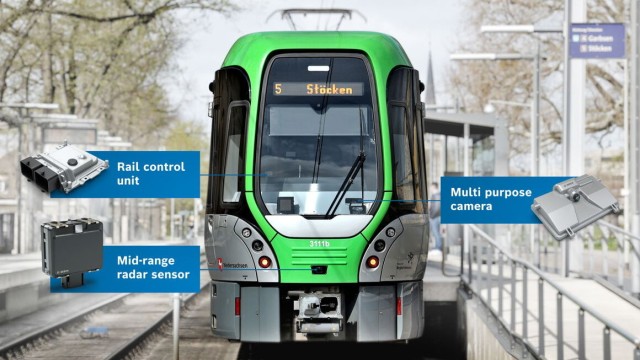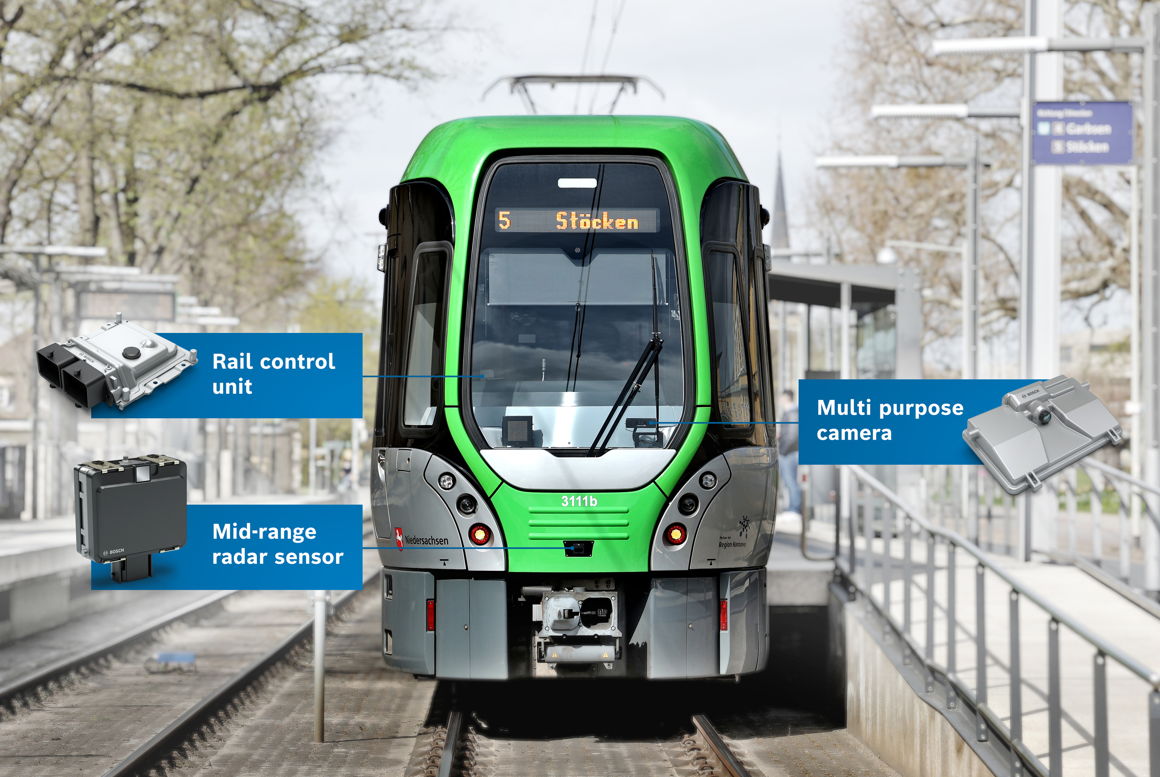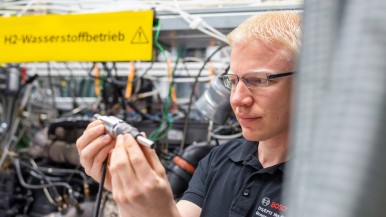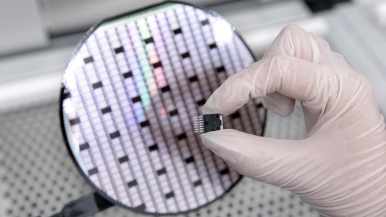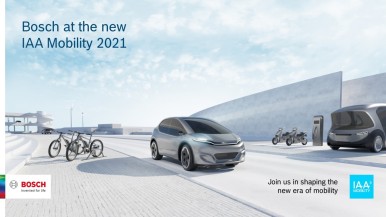Abstatt – Inattentive traffic participants who suddenly walk or drive in front of the tram present a high risk of accidents, especially in the dense, chaotic traffic of today’s city centers. “To minimize the risk of collisions in city rail transportation and to reduce stress for the drivers, we started a development project for driver assistance systems more than ten years ago which are designed especially for trams,” explains Heiko Mangold, head of the rail technology business field at Bosch Engineering. Since 2017, Bosch Engineering’s tram forward collision warning system (TFCW) has been used in passenger operations. Once an object is perceived in the detection area, the system warns the driver visually and/or acoustically of the obstacle and even brakes the tram automatically until it stops if the driver fails to react to the warning or does so too late. After the installation of the system in a German city, for example, the number of tram accidents declined by more than 40%, although the number of trams in operation increased. Currently, around 1.200 TFCW-systems are installed in trams in Europe, Australia, and North America.
About Bosch
Bosch has been present in the Netherlands since 1903. The Bosch Group employs approximately 3,000 associates in the Netherlands. Major manufacturing facilities are located in Tilburg, Boxtel & Deventer.
The Bosch Group is a leading global supplier of technology and services. It employs roughly 429,000 associates worldwide (as of December 31, 2023). The company generated sales of 91.6 billion euros in 2023. Its operations are divided into four business sectors: Mobility, Industrial Technology, Consumer Goods, and Energy and Building Technology. With its business activities, the company aims to use technology to help shape universal trends such as automation, electrification, digitalization, connectivity, and an orientation to sustainability. In this context, Bosch’s broad diversification across regions and industries strengthens its innovativeness and robustness. Bosch uses its proven expertise in sensor technology, software, and services to offer customers cross-domain solutions from a single source. It also applies its expertise in connectivity and artificial intelligence in order to develop and manufacture user-friendly, sustainable products. With technology that is “Invented for life,” Bosch wants to help improve quality of life and conserve natural resources. The Bosch Group comprises Robert Bosch GmbH and its roughly 470 subsidiary and regional companies in over 60 countries. Including sales and service partners, Bosch’s global manufacturing, engineering, and sales network covers nearly every country in the world. Bosch’s innovative strength is key to the company’s further development. At 136 locations across the globe, Bosch employs some 90,000 associates in research and development, of which roughly 48,000 are software engineers.
The company was set up in Stuttgart in 1886 by Robert Bosch (1861–1942) as “Workshop for Precision Mechanics and Electrical Engineering.” The special ownership structure of Robert Bosch GmbH guarantees the entrepreneurial freedom of the Bosch Group, making it possible for the company to plan over the long term and to undertake significant upfront investments in the safeguarding of its future. Ninety-four percent of the share capital of Robert Bosch GmbH is held by Robert Bosch Stiftung GmbH, a charitable foundation. The remaining shares are held by Robert Bosch GmbH and by a corporation owned by the Bosch family. The majority of voting rights are held by Robert Bosch Industrietreuhand KG, an industrial trust. It is entrusted with the task of safeguarding the company’s long-term existence and in particular its financial independence – in line with the mission handed down in the will of the company’s founder, Robert Bosch.
Additional information is available online at www.bosch-press.nl, www.bosch.nl, www.bosch.com, www.iot.bosch.com, Twitter, LinkedIn and YouTube: Bosch the Netherlands.

